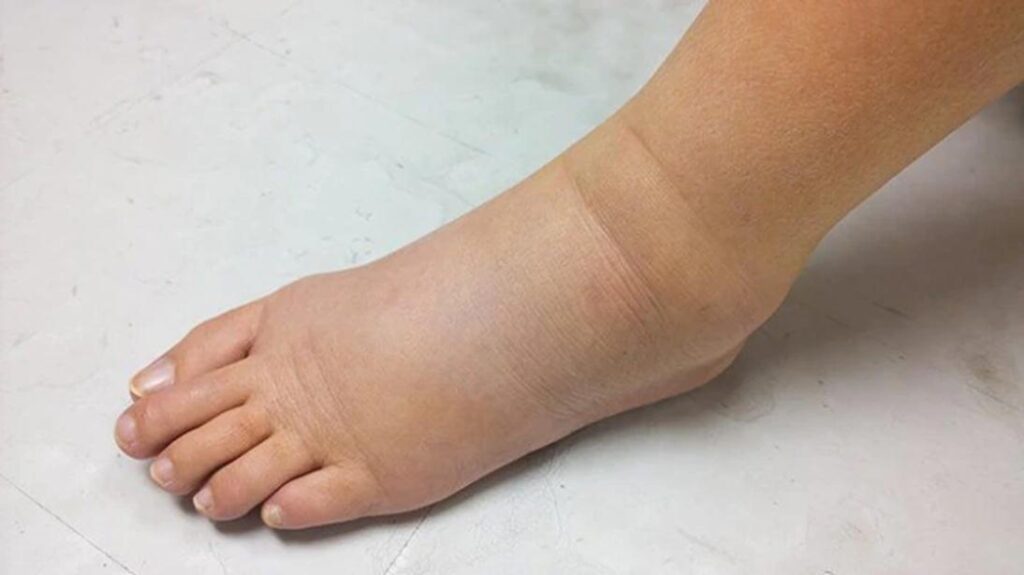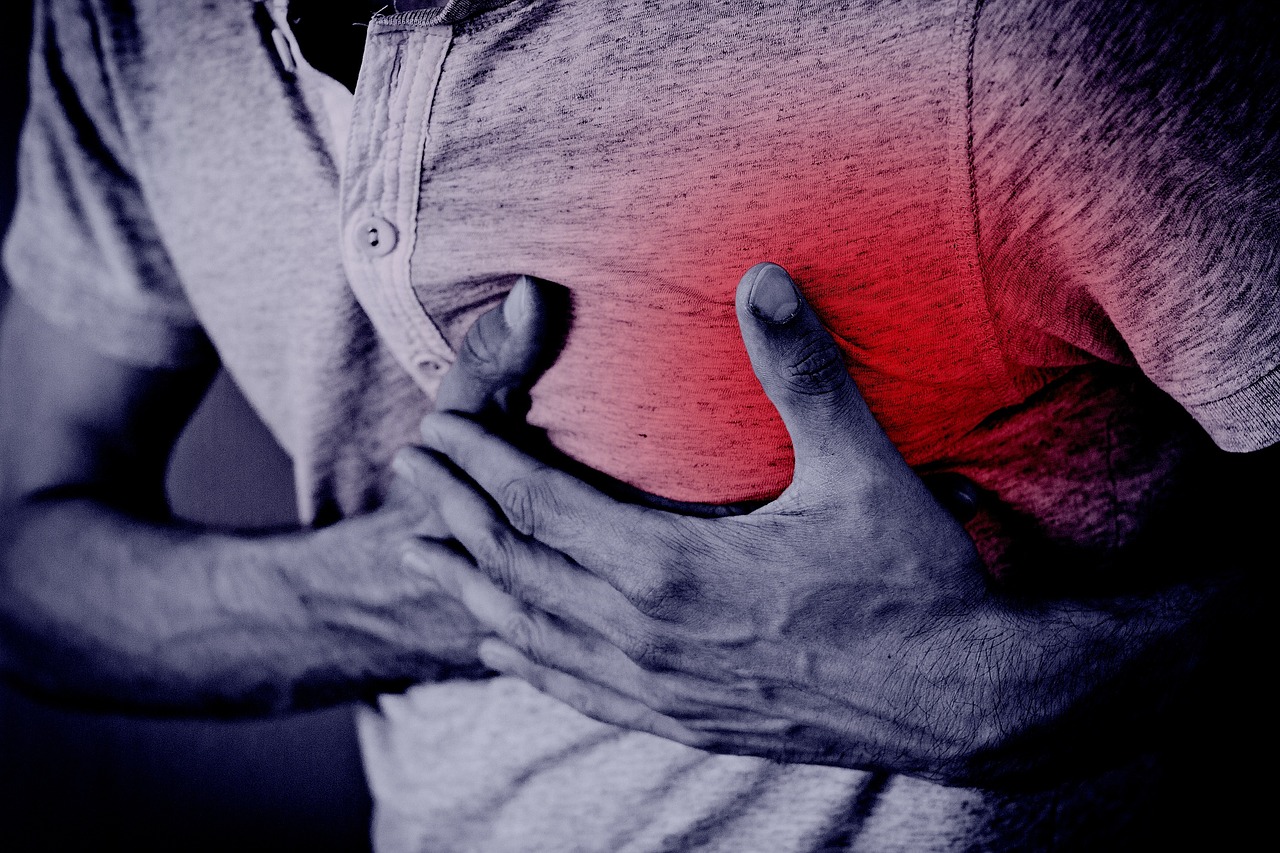What is Heart Attack?
Fatty or blood accumulation in the coronary arteries occurs when the blood flow is completely blocked and lasts for more than 20 to 30 minutes, then a heart attack occurs.
Again, if the blood or fat mass can be removed from the blood circulation path and cleaned, then the person can get his life back.
So it is easy to understand how important it is to bring the patient to the doctor if there is a possibility of a heart attack.
Causes of heart attack
Analyzing the causes of heart attacks, experts have identified three types of risk factors:
• Uncontrollable risk.
. Controllable but a major risk.
• Lifestyle risks.
• Uncontrollable risk or uncontrollable Rex factors.
In these cases, there is nothing people can do about heart disease and it is not possible to avoid heart disease even if you want to naturally.
Namely
Gender :
If the ratio of heart disease and heart attack is about equal in men and women over the age of 50. However, men are more likely to have heart attacks than women.
Age :
The risk of heart attack increases with age. Heredity—If a family history of heart attack occurs at age 50 or younger, a person with that ancestry has a higher chance of having a heart attack later in life.
Controllable Major Risks Controllable Major Risk Factors:
These risks are fully under the individual’s control.
If neglected, these risks become serious and eventually lead to a heart attack.
These are respectively:
1) Diabetes
2) Smoking
3) Hypertension
4) Tension and overwork
5) High cholesterol.
All the above factors can be easily controlled if the individual has the will. But half of the heart attack causes are controllable major risks falls under the factor.
Way of life or lifestyle:
A person becomes fat due to a lack of exercise, a lazy lifestyle, eating food with too much cholesterol, etc. Accumulation of unwanted fat in the body can lead to a heart attack.
An unbridled lifestyle also causes a heart attack. Besides, people who love competition, are ambitious, and have learned to run after the goal but have not learned to stop. People with an overly aggressive, bossy personality type are more likely to have a heart attack.
The workplace environment can also accelerate the chances of a heart attack. E.g.- Duties of a highly responsible position, always the risk of dealing in financial matters of a bank or any institution.
Risks of air traffic control, working in hazardous environments, and even driving in traffic jams or on crowded roads can lead to a heart attack.
Heart attack warning signs
Mild or severe pain in the middle of the chest, the pain can spread to the entire chest, left arm, back, neck, stomach, jaw, and even the right arm.
A short walk with little exertion, even with rest, does not relieve the pain.
Shortness of breath, nausea, dizziness and little or no sweat are all signs of a heart attack.
In many cases, the patient himself does not understand. In their case, the symptoms are slight sweating, shortness of breath, dizziness, drowsiness, etc. This type of heart attack is called a silent heart attack.
Similar heart attacks are seen in diabetic patients.
Difference between heart attack and heart failure
Heart attack and heart failure are not the same conditions. However, common people confuse the matter.
We often hear that so-and-so has died of heart failure.
This is undoubtedly a wrong statement because the patient does not die if there is a ventricle failure of the heart.
He died of a heart attack or congestive heart failure.
To eliminate this confusion, we need to know what is heart failure.
Heart failure is medically known as cardiac decompression.
Repeatedly working under great disturbances and obstacles, the heart muscles become tired and weak due to overwork and the heart cannot maintain its normal circulatory function.
Although the heart of the human body possesses amazing and incredible capabilities, it is no longer normal to maintain its normal function under adverse conditions for a long time.
Symptoms:
The tiredness of the person even with little work.
Swelling of the feet, ankles, or entire leg.

The swelling starts in the afternoon and the condition remains all night and next morning the swelling starts to decrease and as the day goes on the swelling does not remain.
• Less tiredness.
. Nails and lips are bluish.
• Excess of fluid throughout the body.
• Sensation of suffocation when sleeping.
. Abnormal pulsation of the jugular vein.
. The sensation of great suffocation at night.
. May cause mild to severe shortness of breath.
. When it seems, there is a lack of oxygen in the body. A little oxygen would be nice.
. Profuse sweating.
. Sudden dizziness may occur.
. Dizziness while walking on the road.
. A mild fainting attack.
. Irregular heartbeat.
Sudden chest p scribed above are by no means signs of a heart attack. So ‘heart failure or heart attack is never the same.
Simply put, when the heart cannot function normally, the heart muscle also becomes weak.
Our body cells normally need water, nutrients, etc of oxygen suffers from insufficiency. The person becomes generally weak. Good treatment is absolutely necessary.
So the transition from heart failure to congestive heart failure takes time and you can get well with the intervention of a doctor.
Heart attacks can also cause sudden death. At heart-failure that’s not likely.

